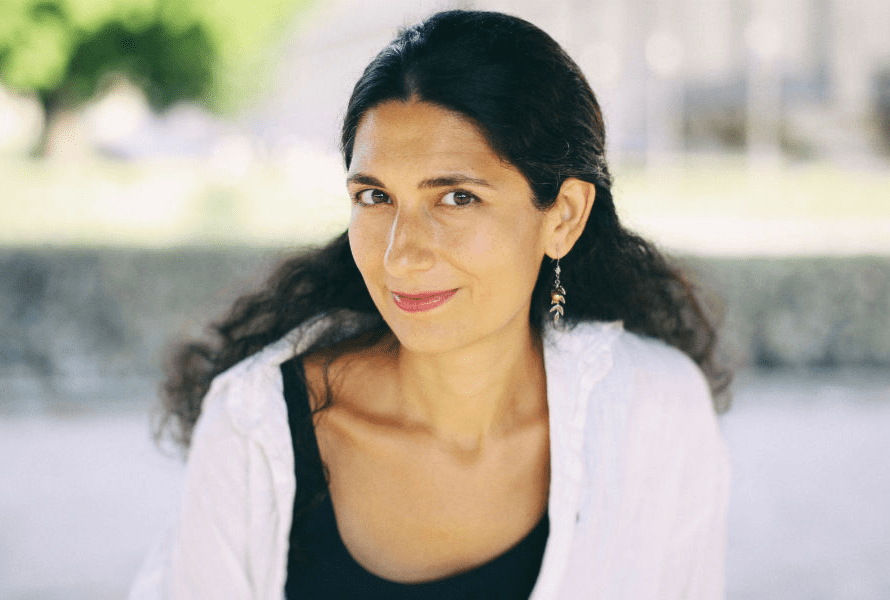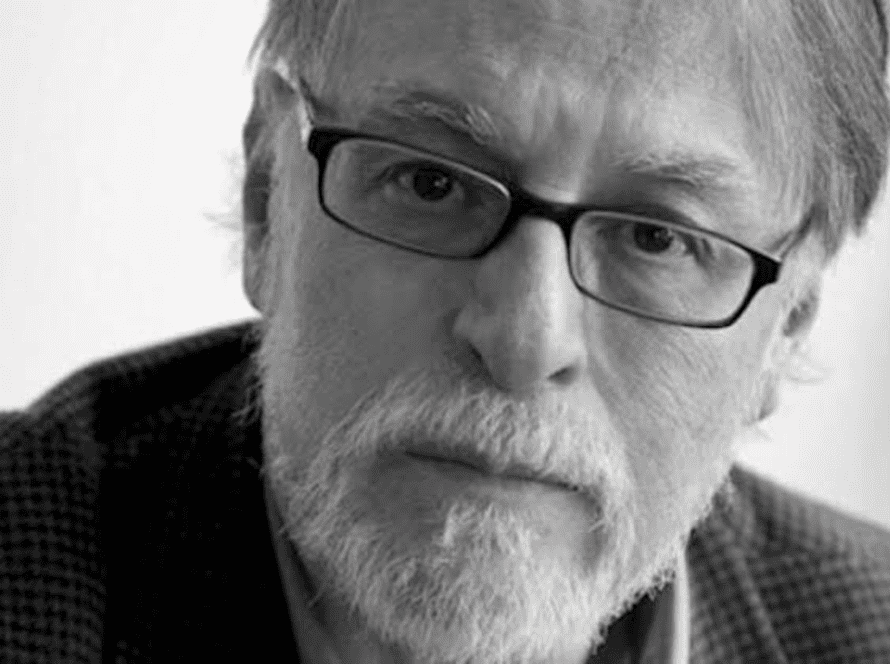Victor LaValle joined us in 2020 as Writer in Residence, offering a Flash Master Class and taking part in our ongoing conversation about the future of memory. Get to know him in this exclusive interview with Under the Volcano.

What books are you currently reading?
I’ve been doing a lot of research for the book I’m currently writing so that means I’m reading a lot about women who homesteaded land in the United States in 1915. A quirk of the homesteading laws in the US during this period was that women were allowed to claim 320 acres plots of land in the northwest united states as long as they were citizens. (This stipulation was included, largely, to exclude Native Americans and Chinese people living in the country.) A small subset of women did go out and claim their territory by themselves and worked the land with great industry and bravery. My next novel is about a few of them. One of the best book on the subject is called Montana Women Homesteaders: A Field of One’s Own. (A nice play on the Virginia Woolf quote.) It’s an excellent work of history, and it includes pieces from the journals of some women homesteaders. It’s pretty fascinating stuff. When I’m not reading for research I’m reading a lot of horror fiction. Right now I’m on a novel called The Siren and the Specter Jonathan Janz. I’m enjoying that a lot. I’m also a fan of Samanta Schweblin so I have a copy of her book of stories, Mouthful of Birds.
What books do you return to over time? Why?
The writer I probably love most in the world is Shirley Jackson. She wrote a blend of the horrifying and humorous in a way that has inspired me more than really any writer alive or dead. So, in particular, I come back to her most famous novel, The Haunting of Hill House and her masterpiece, We Have Always Lived in the Castle. I return to both the way salmon swim upstream to spawn. Her books are the site of my birth and rebirth. After I’m done with either, I’m reminded of how much a writer can do and how much more I have to learn.
Which three writers, dead or alive, would you like to have coffee or drinks with? Why?
I’d love to have drinks with Edgar Allen Poe. He’d clearly drink me under the table and probably say all kinds of terrible things to me, but he was an interesting maniac. Plus, he was tiny. If he tried to start a fight I know I could beat his ass. Gayl Jones–author of novels like Corregidora and White Rat–is still alive, I believe, and a truly singular talent. She was also discovered by Toni Morrison, when Morrison worked as an editor, and I’d love to learn how that relationship built and how they worked together as writer and editor. Last, my wife, Emily Raboteau. Since we’re busy raising kids, teaching, and writing books we don’t get that much time to sit down for a coffee or a drink. It would be nice to spend a little time catching up. In fact, I’ll have to go ahead and make this one happen.
Do you have a secondary passion or talent apart from writing that might surprise people to know about?
Does napping count as a secondary passion? I’m good at it and always trying to get better. Our kids seem determined to deny me the chance to become an expert though.
If you could offer three tips to writers what would they be?
Don’t make things more complicated than they need to be. Stop trying so hard to “be original.” Celebrate every success, from the biggest to the smallest. Celebrate them all.
What was your moment of greatest despair as a writer and how did you get out of it?
I’d written two books of fairly autobiographical realist fiction that detailed much of my childhood and young adult years. I felt proud of the work, but writing those books left me miserable. I’m an optimistic person at heart, but I’d fallen into the false belief that writing “seriously” meant wallowing in misery. But what was the point of such relentless unhappiness? It’s not like the books made me rich or famous. Couldn’t I at least enjoy myself while writing? So I asked myself what I should include in a book in order to be happy. The answer came instantly: monsters. So I worked on a new book that was wild, fantastical but still deeply routed in serious human questions. And it had monsters in it. Suddenly, I looked forward to every day of writing. It could still be hard, slow, and full of failure. But I wasn’t miserable. I haven’t looked back since.



